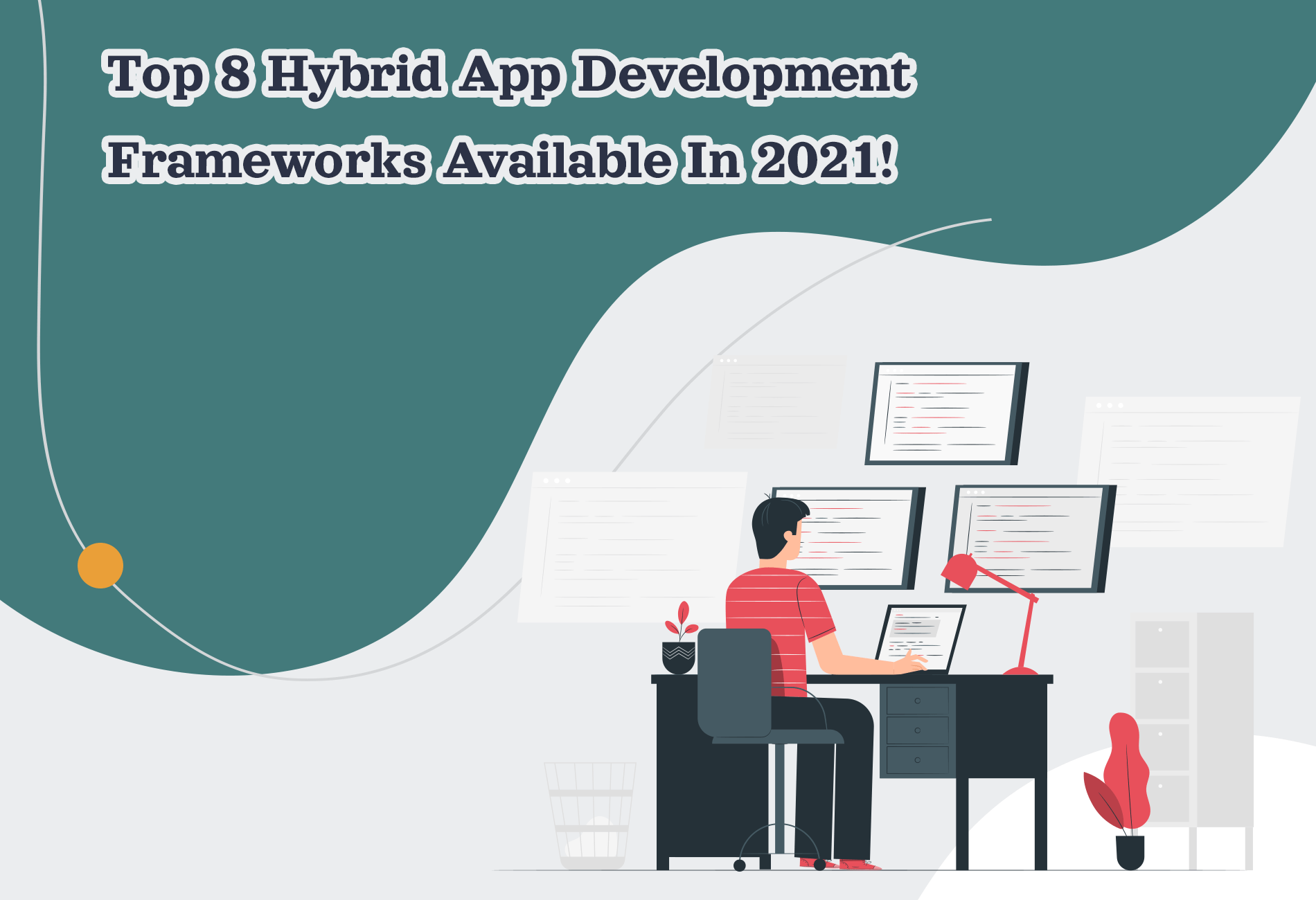Mobile development and apps have seen a whole new world in the last few years. The way applications were used and promoted across different platforms and for different software has revolutionized. This is done to make most developed apps instead of limiting their use to single software or similar systems. This helps the apps and the people who use the apps, making everyone’s life easier.
In this extremely digital era, one wakes up uses an app to schedule their workout, calculate the calories they burned and tally it with their goals. Later, a similar app reminds them of a certain important meeting or ingredients in food to refrain from in case you visit an eatery. Another app may then assist you in taking care of other meetings and reminders based on your instructions.
This is just a simple example of how different apps help one go through the day. They make life swifter, quicker, and error-free to the most. To make matters as easy and convenient for us as they are today, multiple mobile app development companies consistently work to make apps more and more amenable to people and devices across the world.
What are Hybrid App Development Frameworks?
Mobile app development frameworks are endlessly working to provide you with a perfect, hassle-free experience using these apps. These companies and everyone at them are working, so you use the most suited apps to your needs and help you out in the most efficient way. They are developed so that they are most conducive to present-day environments and favor the user despite certain obvious issues that may be faced.
The mobile app development market has been seeing tremendous growth in the past few years; needless to say, this unprecedented growth results from the switch to making everything digital and based on the internet. Multiple frameworks work conveniently according to different users’ choices. Most of them are alike in that the results they create are almost identical and help most people, but some groups and others favor some frameworks by yet another.
Top 8 Hybrid App Development Frameworks
However, some frameworks are unique in what they are used for, with their own sets of advantages and disadvantages. These can be differentiated and then chosen from. Listed below are some of the best frameworks with important descriptions that can be used to decide which the best is. Let’s have a look:
1. Ionic:
The Ionic framework is a promising one that offers web development with an extremely high speed; it also offers an exclusive experience and renders the best results. Users who use the framework to build the app generally have to keep measuring programs like HTML5, JavaScript, and CSS. After the development limb of the production, the app can be distributed to different apps stores. This framework also allows one to create increasingly interactive and unique UIs. Some pros are reliability, quicker development, immaculate design, expandable technology, etc.; these are, however, which include weakening because of the use of JavaScript, debugging, and difficult navigation of apps.
2. React Native:
React Native which is a JavaScript framework that is used for building apps. This is and can be used by both android and iOS platforms; it also allows a developer to reuse a code when one wants to use it on both android and iOS. This framework offers features like automatic error detection and has an easy UI. The possible drawbacks of using this framework include inconvenient navigation and an absence of custom modules.
3. PhoneGap:
This framework is extremely helpful as it is one of the simplest cross-platform frameworks; this is thus used globally. This can help develop apps within what is usually regarded as a native shell and can still be applied on several platforms. This also does not need multi-platform verification.
4. Xamarin:
This is a widely used framework and is used by specifically significant businesses. It is used to build quite scalable hybrid apps and has many users who actively use this. This also allows the user to write the code once and use it whenever they require it. Developers use this to make the app feel more native and personal to the users.
5. Framework 7:
This is the most desirable platform as this is also independent of React and other platforms of the like. This is helpful as it is used to make several animations and other stylistic equipment as well.
6. Mobile Angular UI:
This platform is free to use by the programmers and is an open-source platform; this also provides a pleasant experience when used on mobile.
7. JQuery Mobile:
This framework generally offers an extremely steady environment, smooth and very user-friendly. It also has a simple development phase that makes it very interactive and fun, unburdens the user. It is also responsive.
8. Onsen UI:
This is regarded as the most appropriate open-source framework. Like the others mentioned above, the platform is user-friendly, but to set itself apart from the others, it is also cost-effective and very well matched with jQuery and AngularJS; however, it does not have templates for GitHub. This is a solid choice and should be considered.
Conclusion!
The app development frameworks and companies are almost saturating the market today. If people are out to look for one, they will have plenty to choose from if they are willing to give some time to base their decision on particular personal choices. This article is specifically helpful for app developers to understand which app development platform is best for them to make informed choices depending on the kind of app that they need to develop.
This is largely helpful as it collates multiple platforms and their pros and cons in one place. Therefore, this is your one useful stop on the internet when looking for app development frameworks.

